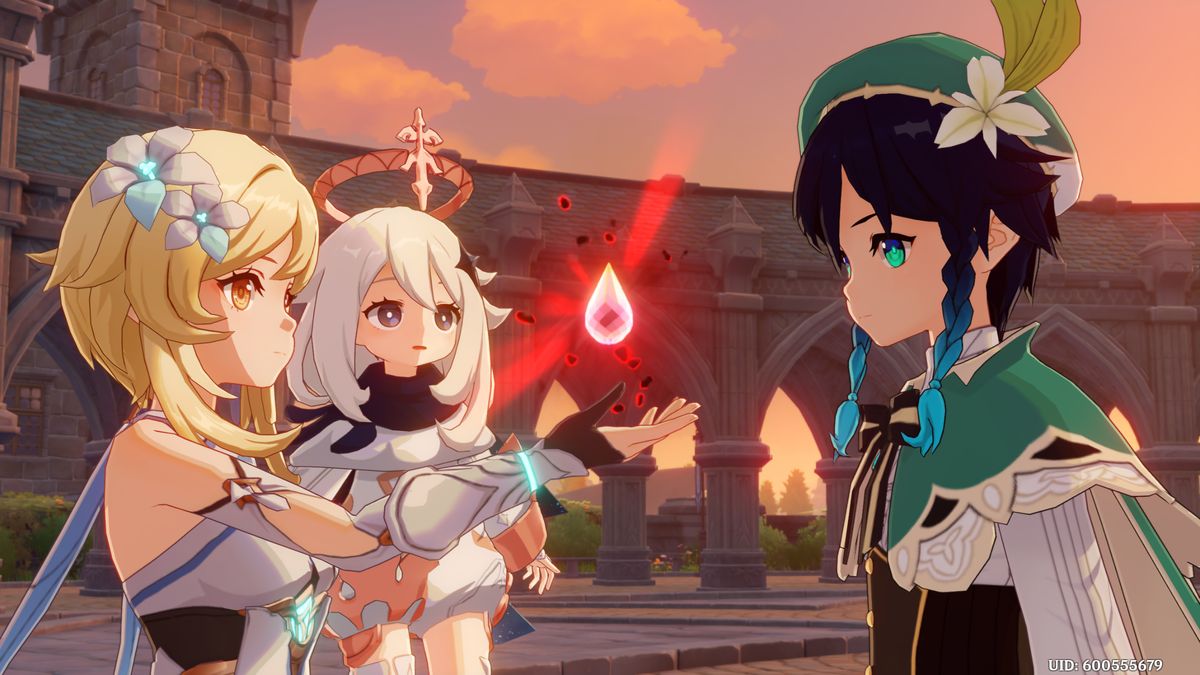Genshin Impact is a free-to-play RPG from Chinese developer miHoYo that a lot of people seem to love. A week after its release, players are discovering some of its subtleties, such as the byzantine nature of its microtransactions and, more recently, what you are and aren’t allowed to type in its in-game chat.
First noticed on Twitter and Reddit and corroborated by us, certain words can’t be used in Genshin Impact’s chat. ‘Taiwan’ and ‘Hong Kong’ are censored, as is ‘Putin’, ‘Hitler’, ‘Stalin’ and ‘Falun Gong’. The word ‘words’ is also banned, for some reason, suggesting that the chat filter uses a big list with a mistake or two in it.
As Niko Partners analyst Daniel Ahmad points out on Twitter, it’s pretty unsurprising that discussions about Taiwan and Hong Kong would be discouraged with a chat filter, this being a Chinese game. Linking to a $4,000 report from Niko Partners designed to aid games publishers towards launches in China, Ahmad points out that “Chinese-developed games have to comply with a ton of content and in-game censorship rules”. He also points out that a list of banned words exists.
People have asked me why this is:1. MiHoYo is a Mainland China based developer2. China’s laws and games regulator state that games cannot contain “Anything that threatens China’s national unity”3. All Chinese games censor phrases such as Taiwan / Hong Kong due to this https://t.co/QZ6PerqiTCOctober 6, 2020
In an extract from that report posted by Ahmad, it’s outlined that “anything that threatens China’s national unity, sovereignty, or territorial integrity” is forbidden. This naturally includes references to Taiwan and Hong Kong independence, which mainland China does not acknowledge. While it may not be the case that China forbids the use of these proper nouns, it may be expedient for developers to just eliminate their use entirely.
While developer MiHoYo faced some deserved criticism for its now altered kernel-based anti-cheat system, Genshin Impact’s in-game censorship is unlikely to be a “choice” on the studio’s part, and more an absolute necessity in order to avoid the wrath of Chinese regulators.
In other words, it’s a bit different to western publishers and developers yielding to China’s laws in order to make a lot of money in the country.












/cdn.vox-cdn.com/uploads/chorus_asset/file/24038601/acastro_STK109_microsoft_02.jpg)
